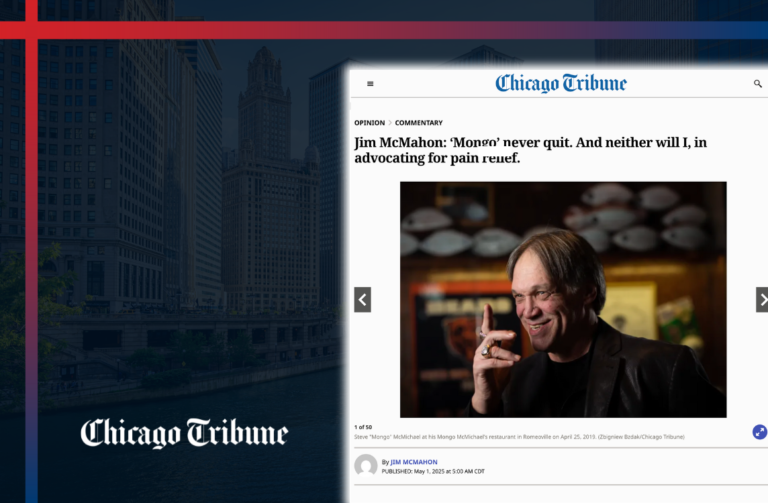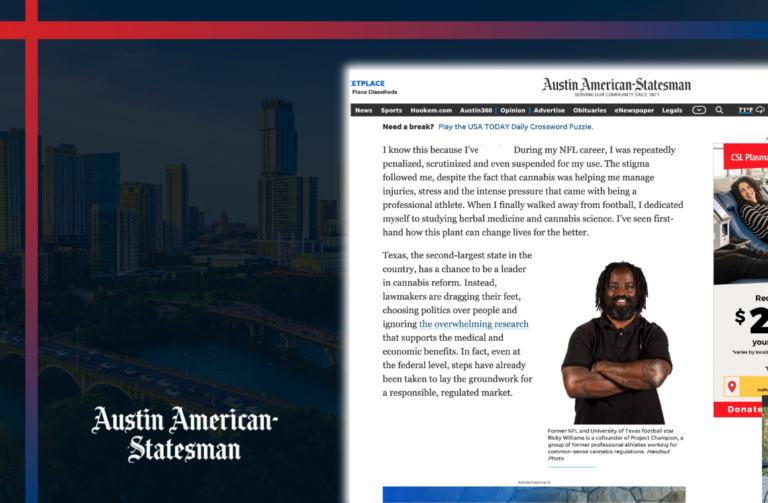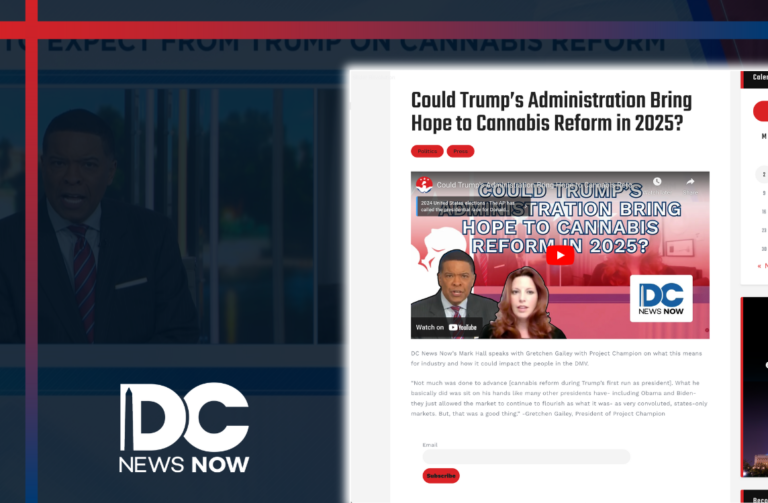
ByIris Dorbian
Contributor
I cover the business of cannabis.
Nov 15, 2024, 08:00am EST

Courtesy of Highsman
Highsman, the cannabis brand founded by former NFL running back and Heisman Trophy winner Ricky Williams, has hit a corporate milestone. Three years after its launch, the burgeoning company has formally merged with Frozen Fields, a North Carolina-based hemp derivative brand and sister company Abundant Labs, a hemp manufacturing facility. The combined entities has resulted in the formation of Top Seed Inc.
According to Williams, Highsman and Frozen Fields will continue to operate under their established brand names, while Top Seed Inc. will serve as the overarching parent company for both. However, there will not be a standalone Top Seed brand and Abundant Labs is now consolidated under Top Seed Inc.
Headquartered in Santa Monica, California, Highsman initially grew, like most multistate operators, by adopting a licensing model, expanding rapidly into ten states. But, as Williams told Forbes recently via email, Highsman needed a partner to continue its momentum and growth trajectory. Enter Frozen Fields.
This Q&A has been edited for conciseness and clarity.
Iris Dorbian: Why did Highsman decide to merge with Frozen Fields and Abundant Labs?
Ricky Williams: To remain competitive and drive continued growth, we began exploring M&A opportunities about a year ago, seeking to integrate our brand into a scalable backend. After numerous discussions with potential acquirers and partners, we concluded that merging with Frozen Fields and Abundant Labs presented the strongest path forward.
When we shared our interest in M&A with Frozen Fields CEO Reid Stewart, he reviewed our model and proposed a vision: leveraging Abundant Labs’ backend to drive R&D, enabling us to re-enter the market with unique products while gaining greater control over the supply chain to enhance differentiation and improve margins. As discussions progressed, it became clear that consolidating all entities under one umbrella would be the optimal path forward.
Dorbian: What are your hopes with these partnerships?
Williams: We aim to build a combined entity that’s strong enough to compete and scale nationally, yet agile enough to pivot swiftly as legislation evolves. This approach gives us strong market diversification, establishing a solid presence in both the recreational cannabis and hemp sectors. It also enables us to drive product innovation and achieve greater scale for procurement.
Dorbian: What are some new and noteworthy developments at Highsman? How do they differ from the competition?
Williams: We returned to the core principles of CPG—concept development, market testing—and built from the ground up to create a product that stands apart from traditional pre-rolls, while still fitting seamlessly into that market segment. Infused pre-rolls are one of the fastest-growing categories in cannabis, with consumers increasingly seeking convenient, high-potency options. These insights drove our R&D team to create the most potent, single-use infused flower product available, HIT STICKS. Featuring a ceramic bowl and heat-resistant cardboard stem, HIT STICKS offer consumers a quick, powerful experience with the convenience of a pre-packed, dispose-a-bowl.
We’ve already started pre-selling HIT STICKS in select markets, and the response from retail partners has been incredibly positive.
Dorbian: You’re a well-known figure with a cannabis brand in a field saturated with other well-known people with cannabis brands. What is it about Highsman that sets your brand apart?
Williams: Cannabis has deep roots in counterculture, and my story, which is well-documented, brings a unique level of credibility and authenticity to Highsman that resonates with consumers. I’m not just a celebrity: I’m an educated advocate who’s invested in understanding this plant and its industry. Because of the nature of my fame relative to cannabis, I’m in a unique position to use it to collaborate with and learn from others in the space, building connections that strengthen our brand and community.
Dorbian: What are your thoughts on federal legalization especially in light of the incoming Trump presidency? How do you think Trump’s second administration will affect your business?
Williams: It seems Trump views cannabis as a states’ rights issue, and I believe there’s a real chance for the STATES Act to pass during his presidency. This bill would deschedule cannabis for legal states, allowing each state to decide whether to maintain prohibition or legalize.
If that happens, it will establish the U.S. cannabis market significantly, paving the way for interstate commerce, access to traditional banking, and more. From my conversations with members [of Congress], it’s clear that any cannabis legislation requires bipartisan support. This is why I think a states’ rights approach has a stronger chance of passing than a comprehensive federal legalization bill in the next four years, especially if Trump backs it.



